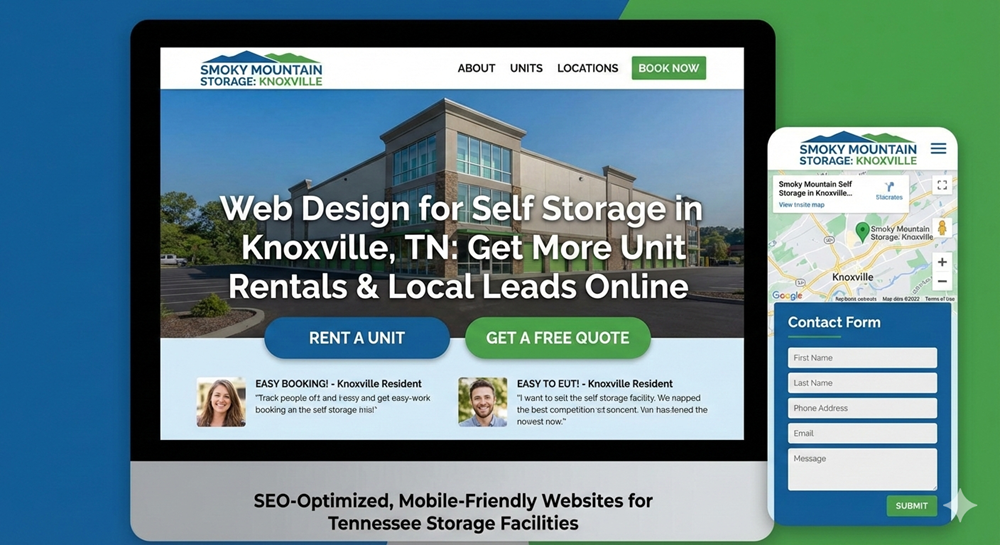Keyword Research Techniques
Running a small business is challenging; you have limited resources, a tight marketing budget, and strong competition from established brands. One of the most effective ways to level the playing field is by mastering advanced keyword research for small businesses. Unlike basic keyword tips you’ll find everywhere, advanced strategies help you uncover hidden opportunities, target customer intent, and outrank competitors in local and niche searches.
In this guide, we’ll explore proven keyword research methods tailored for small businesses, including how to find profitable keywords, cluster them for better SEO, and build long-term search visibility.
Why Small Businesses Need Advanced Keyword Research
Most small business owners use only free tools like Google Keyword Planner and stop there. The problem? Those same keywords are being targeted by hundreds of other businesses. Advanced keyword research helps you:
- Identify long-tail opportunities with less competition.
- Target local intent so nearby customers can actually find you.
- Discover content gaps your competitors are missing.
- Map keywords to the buyer’s journey for better conversions.
By going beyond the basics, you’ll find terms that bring not just traffic, but qualified leads ready to buy.
Step 1: Define Clear Business and Marketing Goals
Before diving into tools, you need clarity on your objectives. Ask yourself:
- Do you want to generate local leads?
- Are you trying to increase online sales?
- Do you need to build brand awareness in a specific niche?
When you know your goals, you can align your keyword research accordingly. For example, a small roofing company in Tucson may target “affordable roof repair Tucson”, while an eCommerce boutique might focus on “handmade leather bags under $100.”
Step 2: Go Beyond Search Volume—Focus on Intent
A mistake many businesses make is choosing keywords based solely on search volume. But user intent matters far more.
For example:
- “best accounting software” → research intent (top-of-funnel).
- “buy affordable accounting software for small business” → transactional intent (bottom-of-funnel).
By targeting intent-based keywords, you attract visitors who are more likely to convert into customers.
Pro tip: Check Google’s “People Also Ask” and related searches for intent clues.
Step 3: Use Competitor Analysis to Find Keyword Gaps
One of the fastest ways to uncover profitable keywords is to analyze competitors. Look at:
- Top-ranking pages → What keywords bring them traffic?
- Content gaps → Where are they ranking low or not ranking at all?
- Backlink anchors → What keywords are being used to link to them?
Tools like SEMrush, Ahrefs, and Ubersuggest can help you see exactly what’s working for others in your niche. Then, you can fill the gaps with better-optimized content.
Step 4: Leverage Forums, Q&A Sites, and Social Media
Keyword tools often miss real-world customer language. That’s why you should also look at:
- Reddit & Quora → See how people phrase their problems.
- Facebook groups → Great for niche industries.
- Amazon & Etsy reviews → Reveal buyer concerns and keywords.
For example, if you own a fitness studio, you may discover people often ask about “affordable morning yoga classes near me”—a long-tail keyword with strong conversion potential.
Step 5: Cluster Keywords Into Topics
Instead of writing one blog per keyword, group related keywords into topic clusters.
Example for a digital marketing agency:
- Core keyword: advanced keyword research for small businesses
- Supporting LSI keywords: keyword clustering, competitor gap analysis, local SEO keyword strategy, and intent-based keyword targeting.
You can then build a pillar page targeting the main keyword and cluster blogs around the supporting terms. This boosts your topical authority and makes it easier to rank for multiple queries.
Step 6: Optimize for Local SEO
For small businesses, local intent is critical. You should:
- Add geo-modifiers (city, neighborhood, “near me”).
- Use Google Business Profile insights for keyword ideas.
- Include NAP (Name, Address, Phone) consistency across directories.
Example: Instead of just “plumbing services,” use “emergency plumbing services in Wichita, KS.”
This helps you attract nearby customers who are ready to buy.
Step 7: Use Free and Paid Keyword Tools Wisely
You don’t need to spend thousands on tools. Instead, combine free and affordable tools with smart analysis:
- Free Tools: Google Keyword Planner, Google Trends, Keyword Surfer, AnswerThePublic.
- Affordable Paid Tools: Semrush, Ahrefs, Moz, KWFinder, Ubersuggest.
Pro tip: Use Google Search Console—it shows the keywords your site already ranks for. Optimizing those can quickly boost traffic.
Step 8: Monitor and Refine Your Keyword Strategy
Keyword research is not a one-time task. Search trends change, competitors adjust, and new customer questions arise.
- Review keywords every 3–6 months.
- Update existing content with fresh terms.
- Track rankings with SEMRush or Google Search Console.
By refining regularly, you’ll stay ahead of competitors.
Conclusion
Small businesses can’t afford to waste resources on generic SEO strategies. By using advanced keyword research for small businesses, you’ll uncover long-tail opportunities, map customer intent, and dominate local search.
Instead of chasing high-volume, competitive terms, focus on profitable, intent-driven, and location-based keywords that convert. With consistent effort, your business can outrank bigger competitors and grow sustainably.
FAQs on Advanced Keyword Research for Small Businesses
1. What is the difference between basic and advanced keyword research?
Basic keyword research focuses on finding high-volume keywords, while advanced research digs deeper into intent, competitor gaps, clustering, and local targeting for better conversions.
2. How often should small businesses update their keyword research?
At least once every 3–6 months, or sooner if you’re in a fast-changing niche.
3. Which keyword tools are best for small businesses on a budget?
Free tools like Google Keyword Planner, Google Trends, and Keyword Surfer are excellent. Affordable paid options include Semrush, KWFinder, and Ubersuggest.
4. Can advanced keyword research help with local SEO?
Yes, by adding geo-modifiers and using local intent keywords, small businesses can rank higher in city-specific searches and Google Maps results.
5. What’s the best way to use long-tail keywords?
Incorporate them naturally into blog posts, FAQs, service pages, and even product descriptions to attract ready-to-buy customers.





